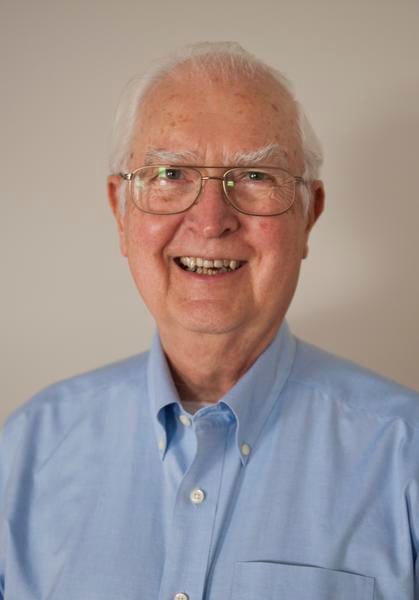The following is a question submitted by a reader to Federal Times columnist Reg Jones, a charter member of the senior executive service and the resident expert on federal employee retirement issues.
A Fed Times reader asks:
“In you opinion, would processing time for amenities be shorter if someone retired at the end of November instead of the end of December, due to the large amount of people that retire at the end of December?”
Reg’s response:
Yes, more employees retire in December than in November but that’s not by a wide margin. Still, processing of retirements is usually a bit faster for November retirees than for those who retire in December. However, when picking a date to retire there are other things to consider.
For example, if you retire no later than November 30, 2024, you will be on the annuity roll for a full year and receive a full cost-of-living adjustment to your annuity in January, 2026. If you retire no later than December 31, you will be on the annuity roll for 11 months and receive only 11/12ths of the COLA. Another factor to consider is when your pay period ends. Financially it’s better to retire at the end of a pay period so that you’ll get credit for any sick and annual leave earned during those two weeks.
Tipping the balance the other way is the fact that the closer you are to the beginning of a new leave year, more of your unused annual leave will be paid to you at the new hourly pay rate. That’s because annual leave is projected forward as if you were still on the payroll.
So, the choice of when to retire is up to you. Just pick it with your eyes open.
RELATED

Got a question for the Federal Times expert? Send inquiries to: fedexperts@federaltimes.com

Reg Jones, a charter member of the senior executive service, is our resident expert on retirement and the federal government. From 1979 to '95, he served as an assistant director of the Office of Personnel Management handling recruiting and examining, white and blue collar pay, retirement, insurance and other issues. Opinions expressed are his own.





